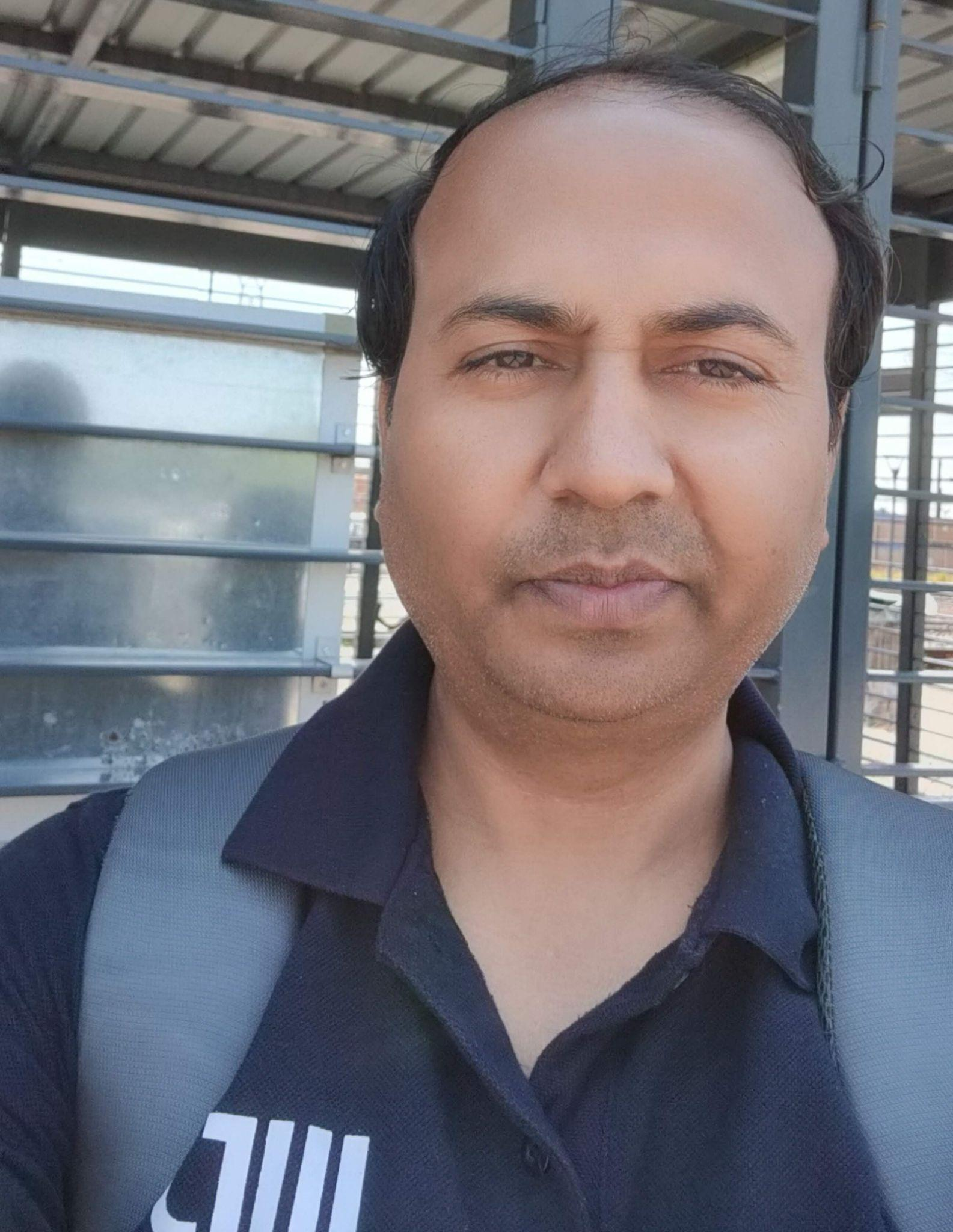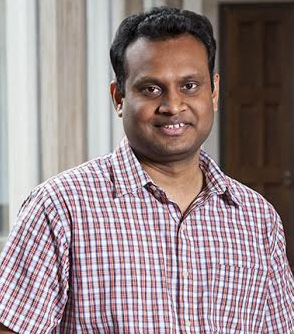Ben-Gurion University
Title: Post Quantum Internet
Abstract:
The need for a post-quantum Internet is emerging, and this is a great opportunity to re-examine the
legacy of public key infrastructure. There is a need for perspective on the evolution of cryptography
over the years, including the perfect information-theoretical secure schemes and the computationally
secure schemes, in particular. There is also a need to examine the evolving Internet infrastructure to
identify efficient design and secure cryptographic schemes over the existing Internet infrastructure. A
combination of overlay security, blockchain, and Merkle trees with Lamport’s signatures offers just
such an easily implementable post-quantum Internet over the existing Internet. The proposed tutorial
covers the basics of post-quantum techniques, one-time-pad (OTP), secret-sharing (SS), secure
multi-party computation (SMPC), zero-knowledge proof (ZKP) based on SMPC in the head, Hash
(SHA) based stateless signature (HBSS), Symmetric encryption (AES), Asymmetric encryption
(Merkle puzzles, SVP), and post-quantum Blockchain.
Bio:
Chair Professor, IEEE Fellow, EAI Fellow, and founding chair of the department of computer science
of the Ben-Gurion University of the Negev, served as faculty of Natural Science Dean, Chair of the
Board of the Inter-University Computation Center (IUCC first ISP of Israel). Currently, he is the
Computer Science Discipline Committee Chair in the Israeli Education Ministry. He published more
than 400 publications and patents in computer science, distributed computing, networks,
cryptography, security, optical and quantum computing, nanotechnology, brain science, and
machine learning. Dolev authored the Self-Stabilization book published by MIT Press and
collaborated with Deutsche Telekom, IBM, Intel, DELLEMC, and others in multi-million dollar
projects. He is a serial entrepreneur, the co-founder of Secret Double Octopus (doubleoctopus.com),
SecretSkyDB post-quantum data in rest, and SodsBC (SodsBC.com) post-quantum fastest
Blockchain.
IIIT-Delhi, New Delhi, India
Title: Distributed Machine Learning
Abstract:
This tutorial explores the landscape of distributed machine learning,
focusing on advancements, challenges, and potential future directions in this
rapidly evolving field. We delve into the motivation for distributed machine learning,
its essential techniques, real-world applications, and open research questions.
The theory covered in this tutorial will give an overview of proving the convergence of
popular Stochastic Gradient Descent Algorithms to train contemporary machine learning
models, including the deep learning models with the assumption of non-convexity, in a
distributed setting. We will specify the convergence for various distributed systems
properties, such as asynchronous and compressed communication. We will also discuss
distributed machine learning techniques such as model parallelism and tensor parallelism
to train large language models (LLMs).
Bio:
Bapi Chatterjee is an Assistant Professor at IIIT Delhi. His research interests include
Distributed Algorithms for Machine Learning and Shared-memory Data Structures.
He has authored or co-authored publications that appeared at venues such as the PODC,
AAAI, DISC, IPDPS, Theoretical Computer Science (TCS) Journal, etc. Before joining
IIIT Delhi, he worked as a Postdoc Fellow at the Institute of Science and Technology
Austria for two and a half years. Before that, he worked as a Researcher with IBM
India Research Lab. He obtained a Ph.D. in Computer Science and Engineering from Chalmers
University of Technology, Gothenburg, Sweden.

University of Pittsburgh
Title: Efficient and Resilient Edge Computing: Algorithms, Techniques
and Research Opportunities
Abstract:
Recent years have witnessed a huge proliferation of low-cost devices connected in the Internet of
Things. Given the large amounts of data generated by these devices at the edge of the network,
there is an increasing need to process them near the network edge in order to meet the strict
latency requirements of IoT applications. Edge computing is a new computing paradigm to
improve the quality of service for such applications by filling the latency gaps between
the IoT devices and the typical cloud infrastructures. While Micro Data Centers provide
computing resources that are geographically distributed, careful management of these
resources near the edge of the network is vital for ensuring efficient, cost-effective
and resilient operation of the system while providing low-latency access for applications
executing near the network edge. This talk provides an introduction to edge computing and
introduces the notion of Micro Data Centers and illustrates the edge computing architecture.
We will discuss the algorithms, techniques and design methodologies focusing on efficient
and resilient resource allocation for latency-sensitive edge computing applications.
Finally, we will cover some open research problems in this area and discuss potential
directions of future work.
Bio:
Balaji Palanisamy is an Associate Professor in the School of Computing and Information
at the University of Pittsburgh. His research interests include Edge computing, Blockchains,
data privacy, privacy-preserving system design and scalable resource management
for distributed systems. He obtained his Ph.D. from Georgia Institute of Technology in 2013.
At the University of Pittsburgh, he carries out research in the Laboratory of Research and
Education on Security Assured Information Systems (LERSAIS). He is a recipient of IBM Faculty
Award and his research has received Best Paper Awards at DBSec 2022, IEEE BigDataCongress 2018,
IEEE BigDataCongress 2017, IEEE/ACM CCGrid 2015 and IEEE CLOUD 2012. He is an Associate Editor
for the IEEE Transactions on Dependable and Secure Computing, IEEE TDSC and the IEEE
Transactions on Services Computing, IEEE TSC journals.




